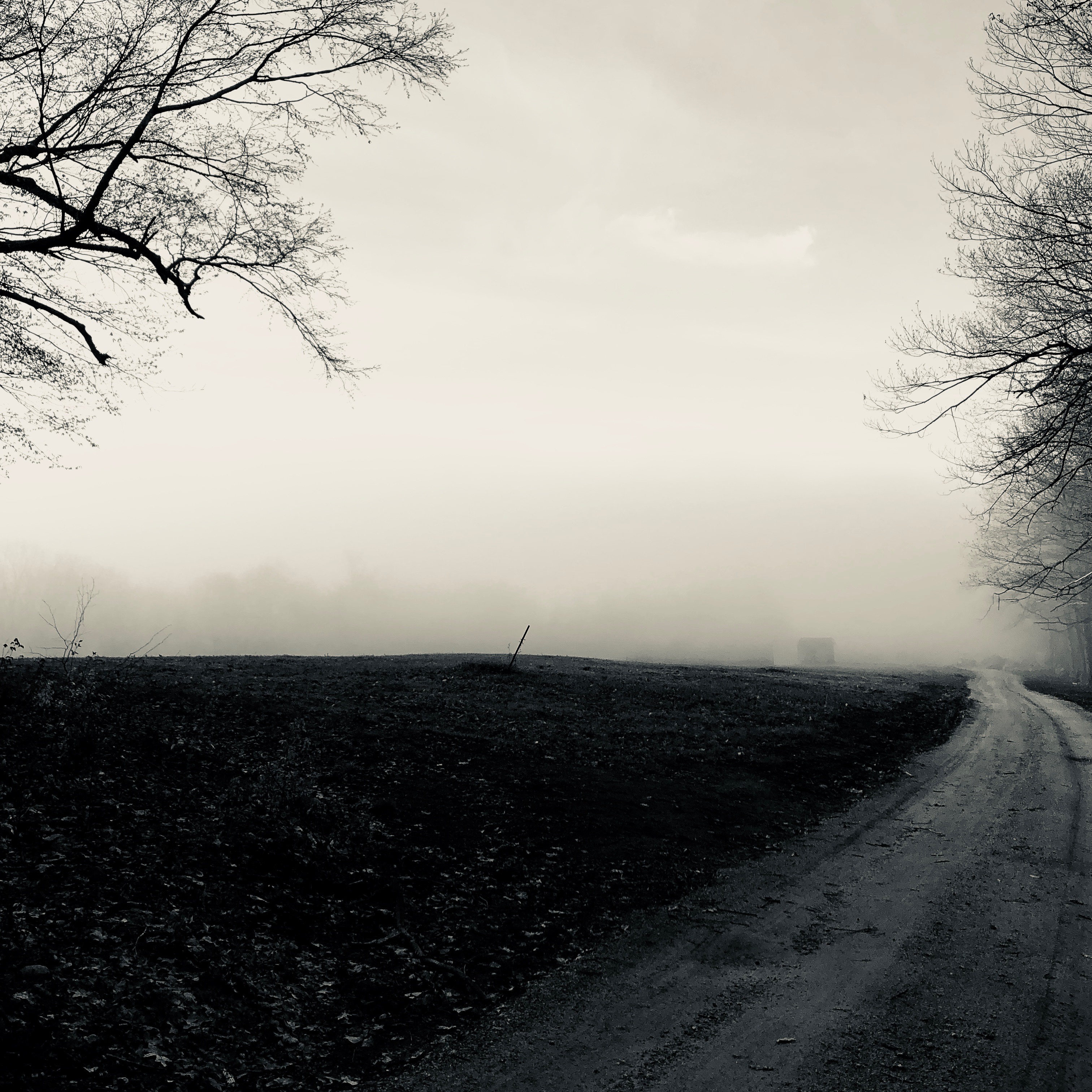Thursday, 23 August 2018
A Beginner’s Guide to Mastodon →
Thursday, 23 August 2018
The Food Lab’s Complete Guide to Sous Vide Pork Chops | Serious Eats →
Tuesday, 24 July 2018
Thinking about writing
Thinking about writing and why I have such a hard time sitting down and getting it done. I procrastinate daily, hourly. Even though I am definitely wanting to get words out. I have stuff to say. But all other work seems more important than this writing work. It’s not that I don’t enjoy writing. I do enjoy it (especially in Scrivener on the iPad, if truth be told). It excites me to write. There’s a sense of mystery, wondering where this will go. But I just don’t do it.
Here I am, again. Re-committing to the practice of writing. I will write at least three days a week. At this point, it doesn’t matter what I write, but just that I do it.
I’m going to publish, too. Micro.blog makes it easy. But where? I have two choices currently. I think I’ll stick with the Dropbox/A Social Folder choice. I want @agilelisa to be more professional, more about the official words. Maybe I’ll get there someday.
Thinking about writing is not as useful as actually writing. In the same way, thinking about a project is not as valuable as actually doing the work of a project. This is a lesson that I’ve learned over and over. I’ve been biased on the thinking/worrying side, and I want to be biased toward action instead.
Friday, 20 July 2018
Radical Bookkeeping
I had my mind blown yesterday. The topic was “Narrative Budgeting” and it was part of a one-day Non-Profit Summer Camp that I attended in Randolph, VT. I walked in thinking that perhaps I would learn some new techniques for developing a budget for a non-profit that I serve on the board for.
It was taught by Alex Fischer of Open Bookkeeping in Brattleboro, VT — dedicated to social justice bookkeeping. Because when it comes to budgets, historically, in organizations it’s been the people with the most power and privilege who do the creation. The people served by the organization, and often even the staff, have little input.
We make the spreadsheets complex, because historically the numbers have always been presented in certain ways: balance sheet, budget, cash flow. She had one trick that amazed me because it was so simple and so powerful: on your monthly budget spreadsheet, where you view your budget for the coming 12 months, include your forecasted bank balance (cash flow). It means adding only two rows to your spreadsheet, and yet it adds so much information to the budget, answering the question “are there any months in the future where we can see that we’ll have negative dollars in the bank even though our overall budget is in the black?”
Overall, we need to be aware that we are immersed in capitalism and therefore are always coming from a position of scarcity and the need to extract resources. Alex indicated that there are other ways of thinking about finance in non-profits, and generally.
It was perhaps the most wonderfully subversive workshop I’ve ever taken. Alex said that it’s essential to learn the system that we want to dismantle.
Friday, 20 July 2018
[The Open Bookkeeping Manifesto](http://www.openbookkeeping.com/uploads/1/3/1/4/13141102/obkimpactphilosophy.pdf)
Friday, 20 July 2018
Open Bookkeeping Manifesto
Sunday, 27 May 2018
Ladyslippers in bloom

Thursday, 17 May 2018

Torta cake at the local general store
Thursday, 10 May 2018
 Hellebore plant gifted by mom a few years ago and now finally an established perennial.
Hellebore plant gifted by mom a few years ago and now finally an established perennial.
Wednesday, 09 May 2018
Foggy walk this morning
